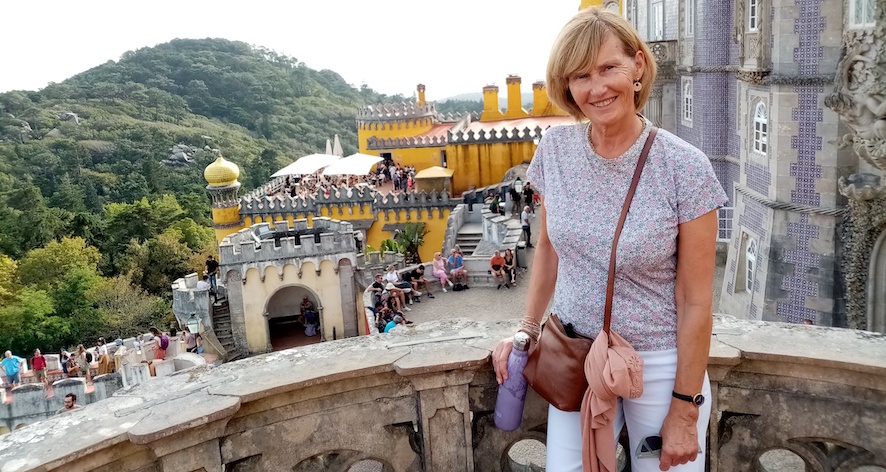
One of the most important consequences of the Trextuality model for Translation Studies has been its decisive overturning of the binary that once pitted the translated text against its putative ‘original’. By and large a creation of a Romantic ethos committed to the creation of foundational narratives as a way of legitimizing national icons, the term ‘original’ rarely stands up to scrutiny. Instead, we usually find, when we embark on an archaeological excavation of a work, that there is no definitive Ur-Text, but rather versions of versions, involving interventions by a whole range of different agents, stretching back into the mists of time.
In this lecture, I argue that the Trextuality concept can also be profitably applied to music, since the phenomenon of translational layering is observable not only within the western art music (or ‘classical’) tradition, but also in the various popular music forms that can be found around the world. Every individual musical performance is an interpretive act that effectively rewrites the composition for a new purpose and audience. However, upstream and downstream of that performance will be a whole range of trextual processes, including editing, transcription, orchestration/arrangement, anthologizing, sampling/remixing, and adaptation for other media, such as dance, stage or film.
After reviewing these various kinds of musical rewriting, I will present a case study that exemplifies many of them. The keyboard rondeau Les Sauvages by Jean-Phillippe Rameau started out life as a translation – an attempt to reproduce in the Baroque musical idiom aspects of an indigenous Amerindian dance that Rameau had seen performed at the Théâtre Italien in Paris in 1725. Later incorporated into the opera-ballet Les Indes Galantes by the composer himself, it has since been performed and adapted in numerous ways, acquiring layers of symbolic significance in accordance with changing political circumstances. This talk focuses particularly on the pivotal role it plays in the French TV mini-series Les Sauvages (Rebecca Zlotowski & Sabra Louatah, 2019), and on some of the ‘post-translation effects’ (Gentzler 2017) produced by it.
VIDEO: https://youtu.be/G8jwmr7iWZE
BIO:

Karen Bennett is Associate Professor in Translation at Nova University of Lisbon and Coordinator of the Translationality strand at the research unit CETAPS (Centre for English, Translation and Anglo-Portuguese Studies). She is general editor of the journal Translation Matters and member of the editorial board of the Brill series Approaches to Translation Studies. Within the field of Translation and Music, she recently organized a short online course entitled Soundscapes: Translating from Music, and reflected on the experience in a book chapter published in M. Campbell & R. Vidal, eds. The Experience of Translation: Materiality and Play in Experiential Translation (Routledge 2024, pp. 159-173). Other relevant publications include an article about Richard Strauss’s Salome as an intersemiotic translation of Wilde’s play of the same name (Translation Matters 2:1, 2019, pp. 43-61) and several articles and chapters about Prokofiev’s ballet score Romeo and Juliet as intersemiotic translation of Shakespeare’s play.